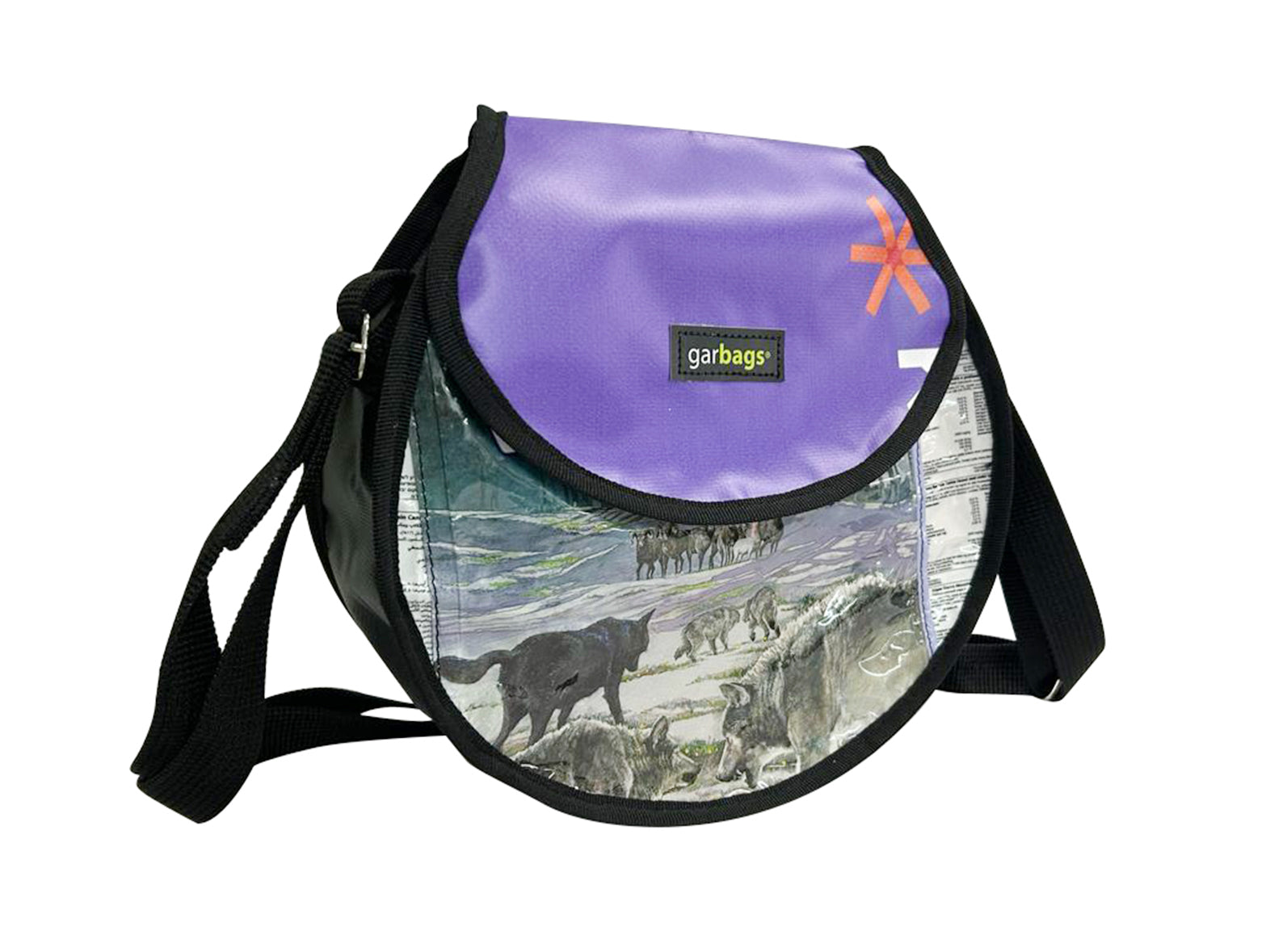Coffee adiction

Coffee is an addiction for most of us. Some will say it’s about the flavour and will deny the addiction, but the truth is that if we quit coffee we will most probably face withdrawal symptoms like headaches, sleepiness and a terrible temper.
Coffee raises a lot of sustainability issues: conventional farming leads to a coffee full of chemical fertilizers ingested by you and that contaminate both soil and water – unless we’re talking about organic coffee, which you probably don’t drink as often in a coffee shop or in a takeaway cup. The other problem is this “to go” habit that puts a plastic cup in your hand so you can drink the beverage while you run to work.
This is why the first step is to try to make and drink coffee at home. But, even at home, if you have an expresso machine you are using capsules that are made from aluminum and, even if some companies let you take back the capsules for recycling, you don’t know how the coffee is harvested. So, maybe we can do better than this.
There are a couple of different ways to brew coffee without using disposable products: an Italian coffee maker or a French press. These allow you to buy fair trade biological coffee and drink the kind of coffee you like, choosing the best flavour and grind of your taste. You can also buy an expresso machine that doesn’t uses capsules.
We would also recommend you to avoid the “to go” coffee unless you have a reusable cup, since most of the paper cups you receive at coffee shops are lined with plastic and therefore not recyclable. If you must take your coffee because you’re in a hurry, ask for a cup without the lid – these are made of polystyrene which it is not recyclable and extremely toxic.
Doing your own coffee at home mean you’ll have coffee ground leftovers around, but you can compost them or use them in your body scrub routine.

